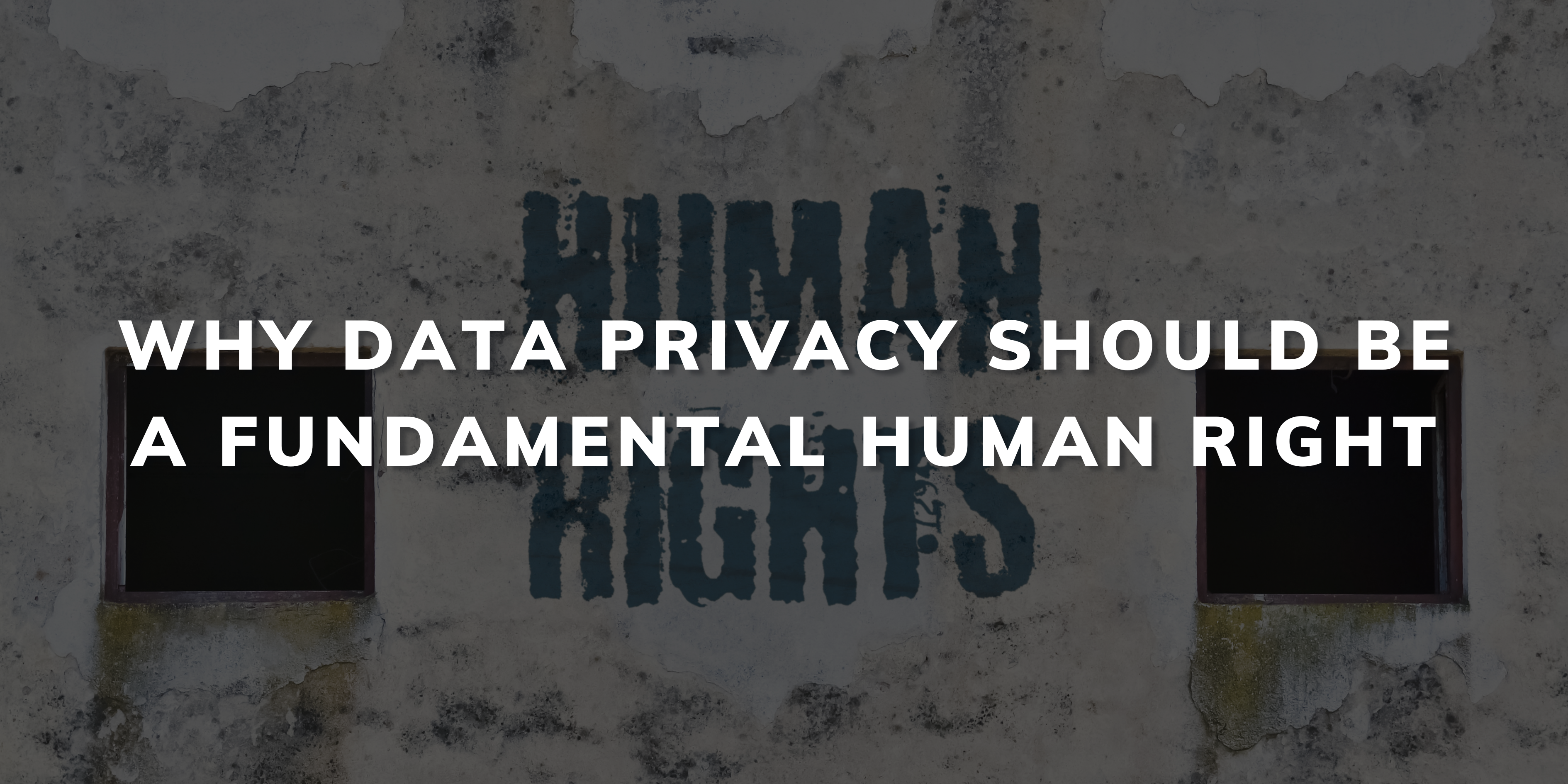
Why Data Privacy Should Be a Fundamental Human Right
In an era where data is often termed the ‘new oil,’ the question of data privacy and ownership is not just relevant but urgent. The digitisation of our lives has made personal data an invaluable resource for businesses, governments, and even malicious actors, making the case for data privacy to be recognised as a fundamental human right stronger than ever. Here’s why the sanctity of data privacy is paramount and why individuals should have unequivocal ownership of their data.
Key Summary
- Data privacy as a fundamental human right ensures control and autonomy over personal information in the digital age.
- Enhanced data privacy protections are crucial for safeguarding against financial fraud and personal safety threats.
- Strict data privacy prevents exploitation of personal data by corporations and governments, promoting fair compensation.
- Strong data privacy fosters trust and innovation, making technology serve humanity without infringing on individual rights.
- True ownership of data empowers individuals to access, control, and delete their information, promoting privacy by design.
The Essence of Data Privacy
Data privacy is the right of individuals to have control over how their personal information is collected, used, and shared. This encompasses everything from your name and address to more sensitive information such as your browsing habits, purchasing history, and even biometric data. At its core, data privacy is about respect and autonomy—it’s about ensuring individuals have the say in how their personal information is handled, respecting their personal space and choices in a digital context.
Why It Should Be a Fundamental Human Right
- Protection of Personal Autonomy
In a free society, personal autonomy is paramount. Just as the right to freedom of speech protects our ability to express ourselves, data privacy protects our ability to maintain control over our personal narrative in the digital age. It ensures that individuals have the power to decide what they share and with whom, safeguarding personal autonomy and freedom. - Security and Safety
With the rise in data breaches and cyberattacks, the lack of data privacy can lead to serious financial and personal risks. Identity theft, financial fraud, and even personal safety are jeopardised when personal information falls into the wrong hands. Recognising data privacy as a fundamental right is essential to enhancing the security and safety of individuals in the digital world. - Preventing Exploitation
Without strict data privacy protections, individuals can become unwitting products. Companies can exploit personal data for profit without the individual’s consent or fair compensation. This not only undermines personal autonomy but also leads to economic disparities where the value generated from data benefits corporations disproportionately. - Promoting Trust and Innovation
When people feel their data is protected, they are more likely to trust and engage with digital services. This trust is crucial for the development and adoption of new technologies. Data privacy, therefore, is not an obstacle but a catalyst for innovation, creating a sustainable environment where technology serves humanity without infringing on individual rights.
The Case for True Ownership of Data
Owning your data means having the right to access, control, and delete your personal information. It implies that individuals, not corporations or governments, are the rightful proprietors of their personal data.
This principle is vital for several reasons:
- Empowerment
True ownership empowers individuals to demand transparency and accountability from entities that handle their data, ensuring that their rights are respected and protected. - Equity
It addresses the power imbalance between individuals and large corporations or governments, promoting a more equitable digital ecosystem where the benefits of the digital age are more evenly distributed. - Privacy by Design
When individuals own their data, privacy becomes a default setting, not an afterthought. This encourages the development of technologies and policies that prioritise user privacy from the outset.
Conclusion
As we navigate the complexities of the digital age, the recognition of data privacy as a fundamental human right is imperative. It is a cornerstone of personal autonomy, security, and dignity in the 21st century. Moreover, the principle of true data ownership is crucial for establishing a digital society that respects individual rights and promotes equity and innovation.
As we move forward, it is essential that laws, technologies, and societal norms evolve to protect and empower individuals in the digital landscape, ensuring that the digital future is safe, equitable, and respectful of our fundamental human rights.
Support Us!
Support us and make a real difference in data privacy and ownership. By becoming a supporter, you help shape a future where data is secure and truly belongs to its users. Whether you contribute financially or volunteer, your involvement is vital. Enjoy the supporter benefits and be part of the movement advocating for a future where you truly own your data and privacy. Act now—your participation is crucial!
